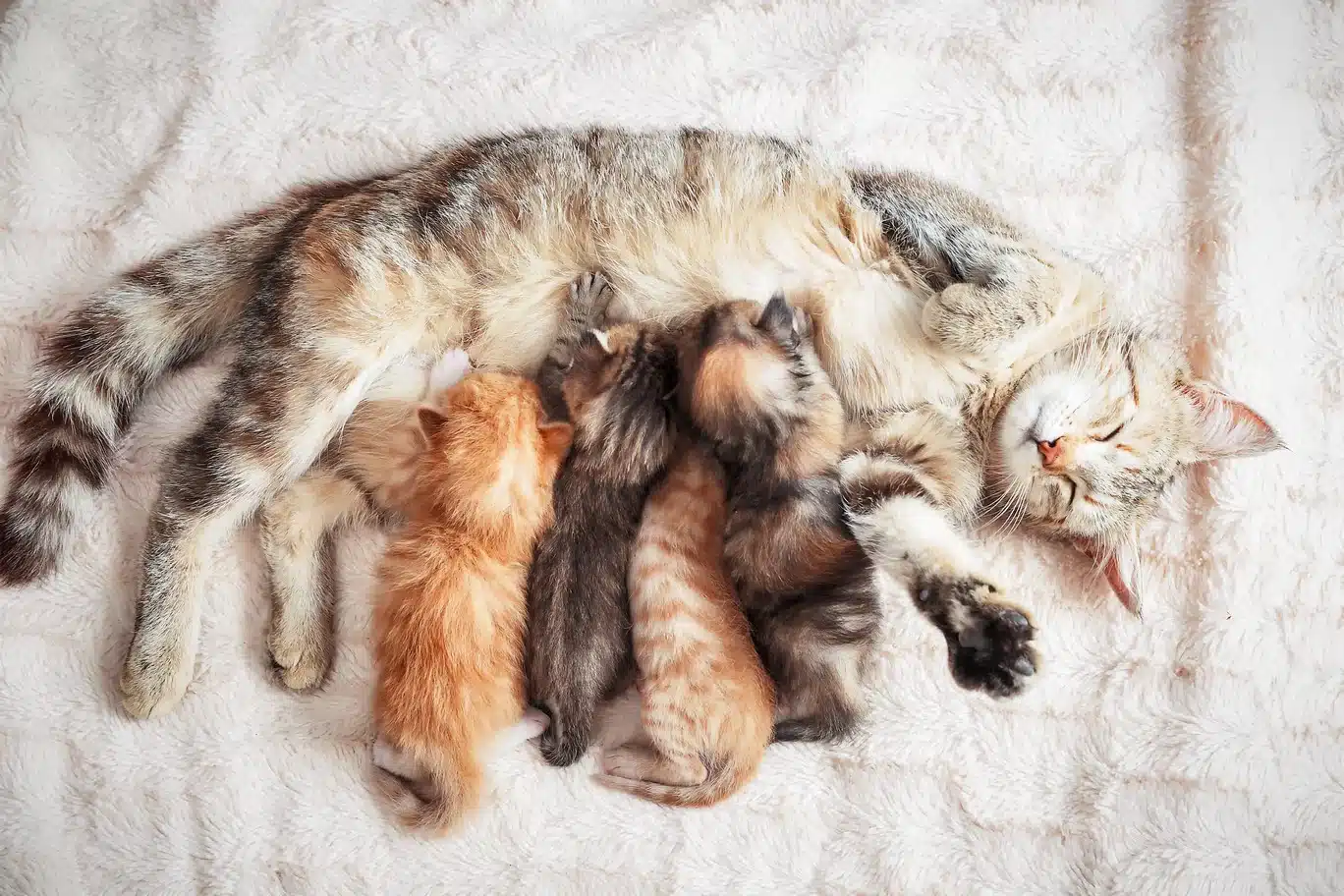
When Do Kittens Start Eating
Solid Food?
Welcoming a new kitten into your home is a joyous occasion, but it also comes with the responsibility of ensuring their proper nutrition. One of the crucial milestones in a kitten’s life is the transition from milk to solid food. As the founder of Crate Escape Atlanta, a business dedicated to pet care in Atlanta, GA, I understand the importance of providing the right guidance to fellow pet owners.
In this blog, we’ll explore when kittens typically start eating solid food, along with essential tips for a smooth transition, ensuring your furry friend’s healthy growth and development.
Understanding the Transition
The Weaning Process
The weaning process typically begins around the age of four weeks. During this time, mother cats naturally encourage their kittens to start exploring solid food. They might begin nibbling on their mother’s food or specially provided kitten food.
Developing Chewing Abilities
Around five to six weeks of age, most kittens start developing their chewing abilities, making it easier for them to consume solid food. It’s crucial to introduce appropriate food textures during this phase.
Tips for Introducing Solid Food
- Choose Appropriate Kitten Food: Select high-quality kitten food that is specifically formulated for their nutritional needs. Opt for wet food initially, gradually transitioning to dry kibble as they grow.
- Ensure Proper Consistency: For the initial transition, mix wet food with water to create a soft texture that’s easy for kittens to lap up.
- Encourage Exploration: Place small amounts of food in shallow dishes to encourage exploration. Monitor their progress and adjust the amount and texture of food based on their response.
- Provide a Safe and Calm Environment: Create a quiet and secure space for your kittens to eat, minimizing distractions and potential stress during mealtime.
The transition from milk to solid food is a crucial phase in a kitten’s development, setting the foundation for their lifelong nutritional habits. By understanding the appropriate timing and techniques for introducing solid food, you can ensure your kitten’s healthy growth and development.
If you require further assistance or guidance, feel free to reach out to Crate Escape Atlanta, where we provide expert pet care services to support you and your furry companions every step of the way.
Your pets’ happiness and your peace of mind are our top priorities.
Frequently Asked Questions
Increased curiosity about your food, attempting to chew on solid items, and watching the mother eat can indicate readiness.
No, gradually introduce solid food while allowing them access to their mother’s milk or a suitable milk replacement formula.
No, kittens require specific nutrients for their growth. Opt for specially formulated kitten food until they reach maturity.
Consult your veterinarian to rule out any health concerns. They can provide guidance on how to encourage your kitten to start eating solid food.
Regular veterinary check-ups are essential during this phase. Your vet can assess their growth and provide guidance on their nutritional needs.
Offer small, frequent meals throughout the day, typically four to six times daily, gradually reducing the frequency as they grow.